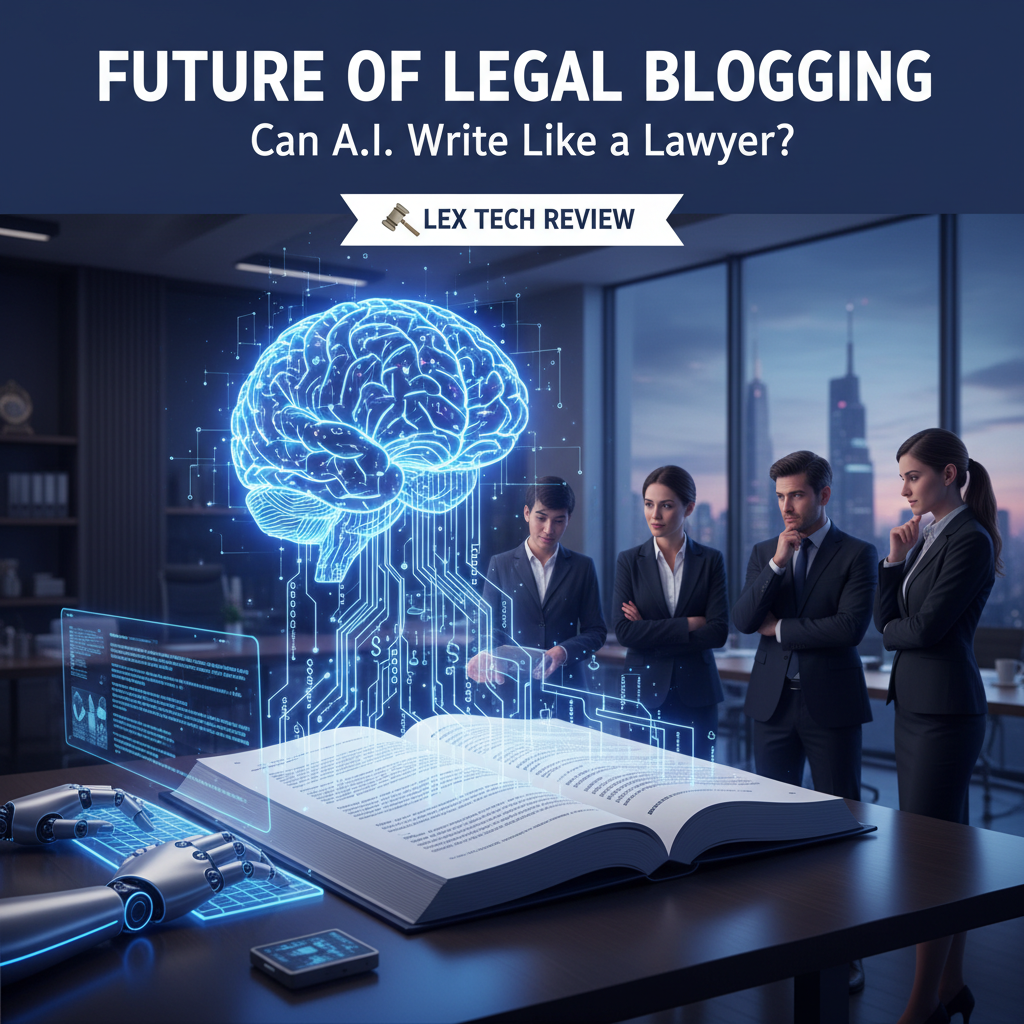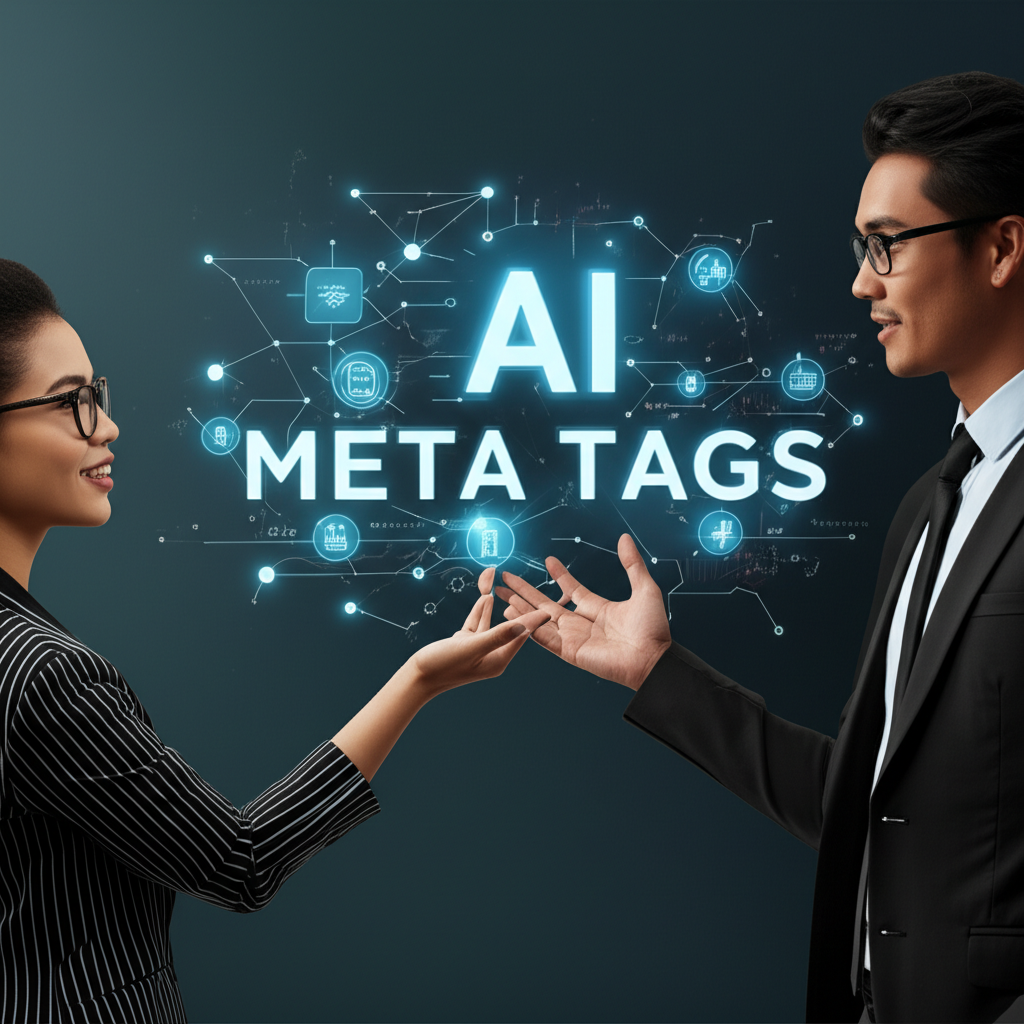AI Legal Ethics Toolkit Launched by ABA to Guide Lawyers and Firms
Estimated reading time: 4 minutes
- New toolkit helps lawyers navigate AI ethics.
- Focus on fairness, accountability, and transparency.
- Practical guidance for bias mitigation and client communication.
- Aligns AI practices with professional responsibility.
- Resource for ethical AI usage in legal practices.
Introduction
The American Bar Association (ABA) has just released a groundbreaking new resource to help lawyers and law firms navigate the complex ethical landscape surrounding artificial intelligence (AI). The AI Legal Ethics Toolkit provides practical guidance and best practices for leveraging AI technologies in legal practice while upholding the highest standards of professional responsibility.
Key Components of the Toolkit
As AI continues to transform the legal industry, enabling automation of tasks, enhanced research capabilities, and data-driven decision making, it also raises critical questions around ethics, transparency, and potential bias. The ABA’s timely toolkit aims to empower legal professionals with the knowledge and frameworks needed to harness AI’s benefits while mitigating risks.
Key components of the toolkit include:
- Ethical Principles for AI in Law: A set of core tenets covering areas such as fairness, accountability, transparency, and client confidentiality. These principles provide an overarching ethical compass for AI adoption.
- AI Use Case Guidance: Detailed walkthroughs of common AI applications in law, such as document review, contract analysis, and legal research. The toolkit offers step-by-step recommendations for ethically leveraging these tools.
- Bias Mitigation Strategies: Techniques for identifying and addressing potential biases in AI systems, including data auditing, model testing, and ongoing monitoring. Eliminating bias is essential for upholding equal access to justice.
- Transparency and Explainability Resources: Templates and best practices for communicating AI usage to clients, courts, and colleagues. Transparency builds trust and allows for informed consent.
- Professional Responsibility Considerations: An exploration of how existing ethics rules, such as competence, supervision, and client confidentiality, apply in the context of AI. The toolkit helps align AI practices with professional obligations.
Industry Response
“AI is revolutionizing how we practice law, but it’s crucial that we do so responsibly,” said Don Bivens, Chair of the ABA’s Center for Innovation. “The AI Legal Ethics Toolkit equips attorneys with actionable insights to make informed choices about implementing AI in their work.”
“As a leading provider of AI consulting and legal technology solutions, we are thrilled to see the ABA taking proactive steps to guide the ethical use of AI,” commented Jeff Kirksey, CEO of LegalGPTs. “The AI Legal Ethics Toolkit aligns closely with our own commitment to responsible AI innovation in the legal sector.”
Conclusion
As the legal industry continues to evolve, resources like the AI Legal Ethics Toolkit will play an increasingly vital role in shaping the future of law practice. By proactively engaging with the ethical dimensions of AI, lawyers and firms can position themselves to thrive in a rapidly changing landscape.
For legal professionals and IT leaders seeking guidance on ethically implementing AI in their organizations, LegalGPTs offers a wealth of expertise and cutting-edge solutions. To learn more about how our services can help your firm navigate the responsible use of AI, visit LegalGPTs to explore our offerings or request a consultation.
FAQ
Q: What is the AI Legal Ethics Toolkit?
A: It’s a resource released by the ABA to help lawyers navigate the ethical implications of using AI in their practices.
A: It’s a resource released by the ABA to help lawyers navigate the ethical implications of using AI in their practices.
Q: How can the toolkit help legal professionals?
A: It provides guidelines and best practices for ethical AI use in areas like client communication, bias mitigation, and adherence to professional responsibility.
A: It provides guidelines and best practices for ethical AI use in areas like client communication, bias mitigation, and adherence to professional responsibility.
Q: Why is ethical AI important in the legal field?
A: Ethical use of AI helps ensure fairness, transparency, and accountability, which are paramount in providing legal services.
A: Ethical use of AI helps ensure fairness, transparency, and accountability, which are paramount in providing legal services.
Q: Where can I find more information about LegalGPTs?
A: You can learn more about our offerings by visiting LegalGPTs.
A: You can learn more about our offerings by visiting LegalGPTs.




